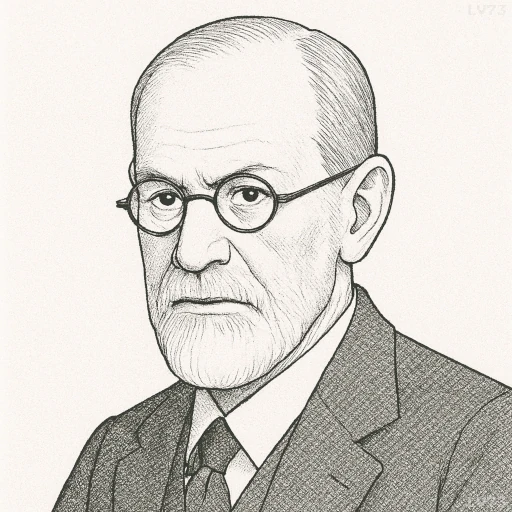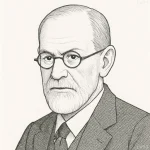“A certain degree of neurosis is of inestimable value as a drive, especially to a psychologist.”

- May 6, 1856 – September 23, 1939
- Austrian
- Neurologist, Founder of Psychoanalysis
table of contents
Quote
“A certain degree of neurosis is of inestimable value as a drive, especially to a psychologist.”
Explanation
Freud here suggests that mild neurosis—though commonly viewed as a hindrance—can actually serve as a source of motivation, insight, and creative energy, particularly for those who study the mind. For psychologists, whose work involves exploring inner conflict, emotional complexity, and unconscious processes, a personal experience of neurosis may not only fuel curiosity but also deepen empathy and understanding toward others. Rather than being wholly negative, neurosis becomes psychologically productive when it is managed and harnessed.
This view aligns with Freud’s broader perspective that conflict and tension are essential components of psychic life. He believed that neuroses arise from the struggle between instinctual drives and societal demands, and while this struggle can be painful, it also leads to self-awareness, reflection, and the development of the ego. In this light, neurosis is not a flaw to be entirely eliminated, but a symbol of engagement with life’s deeper questions—something especially valuable to those who seek to understand the human psyche.
In modern terms, Freud’s insight resonates with the idea that emotional sensitivity, inner conflict, and even psychological struggle can inspire art, science, and introspection. Many notable thinkers and creators—Freud included—have been driven by their own unresolved tensions. His quote encourages us to see neurosis not just as a disorder, but as a complex, potentially enriching part of being human, particularly when channeled into meaningful work and inquiry.
Would you like to share your impressions or related stories about this quote in the comments section?


